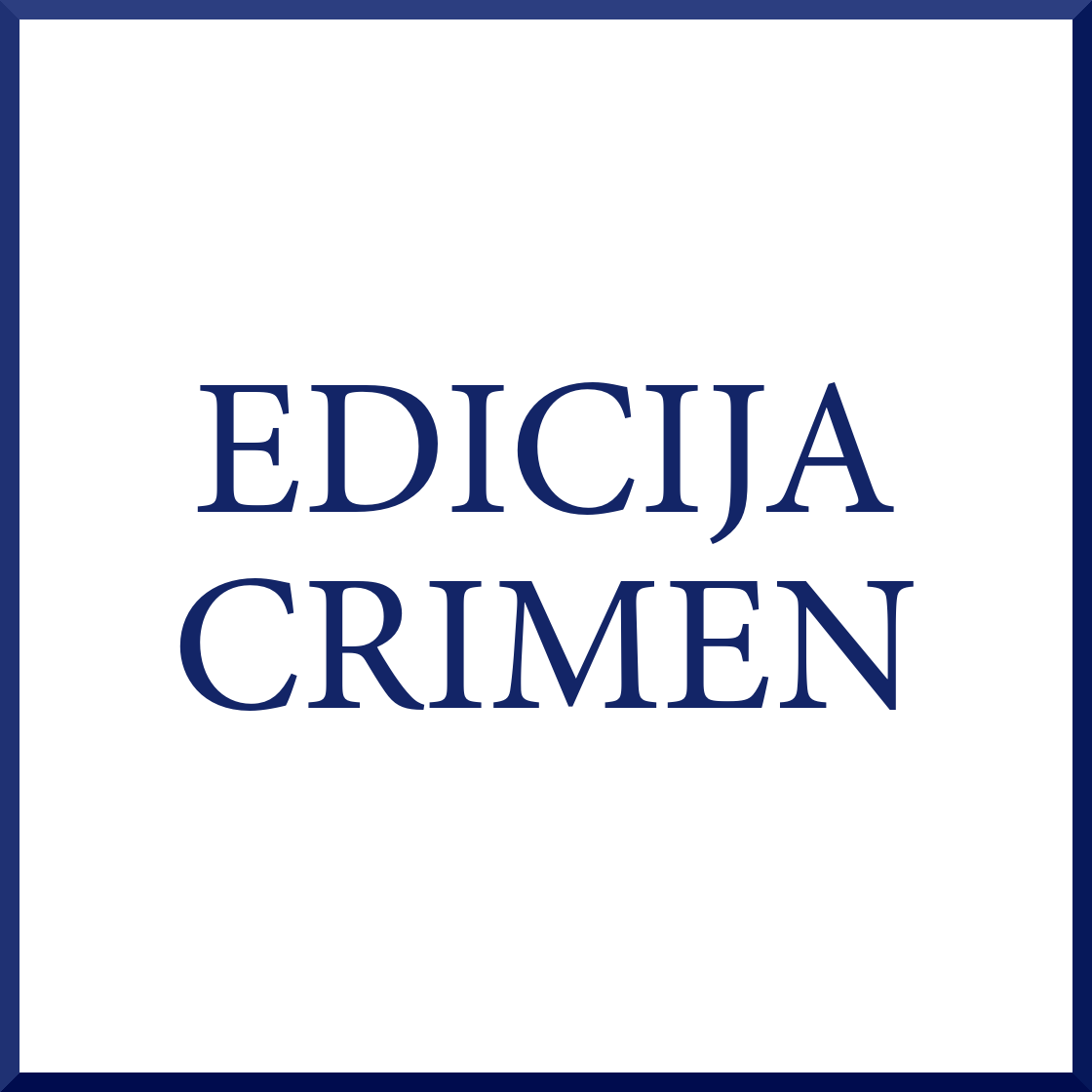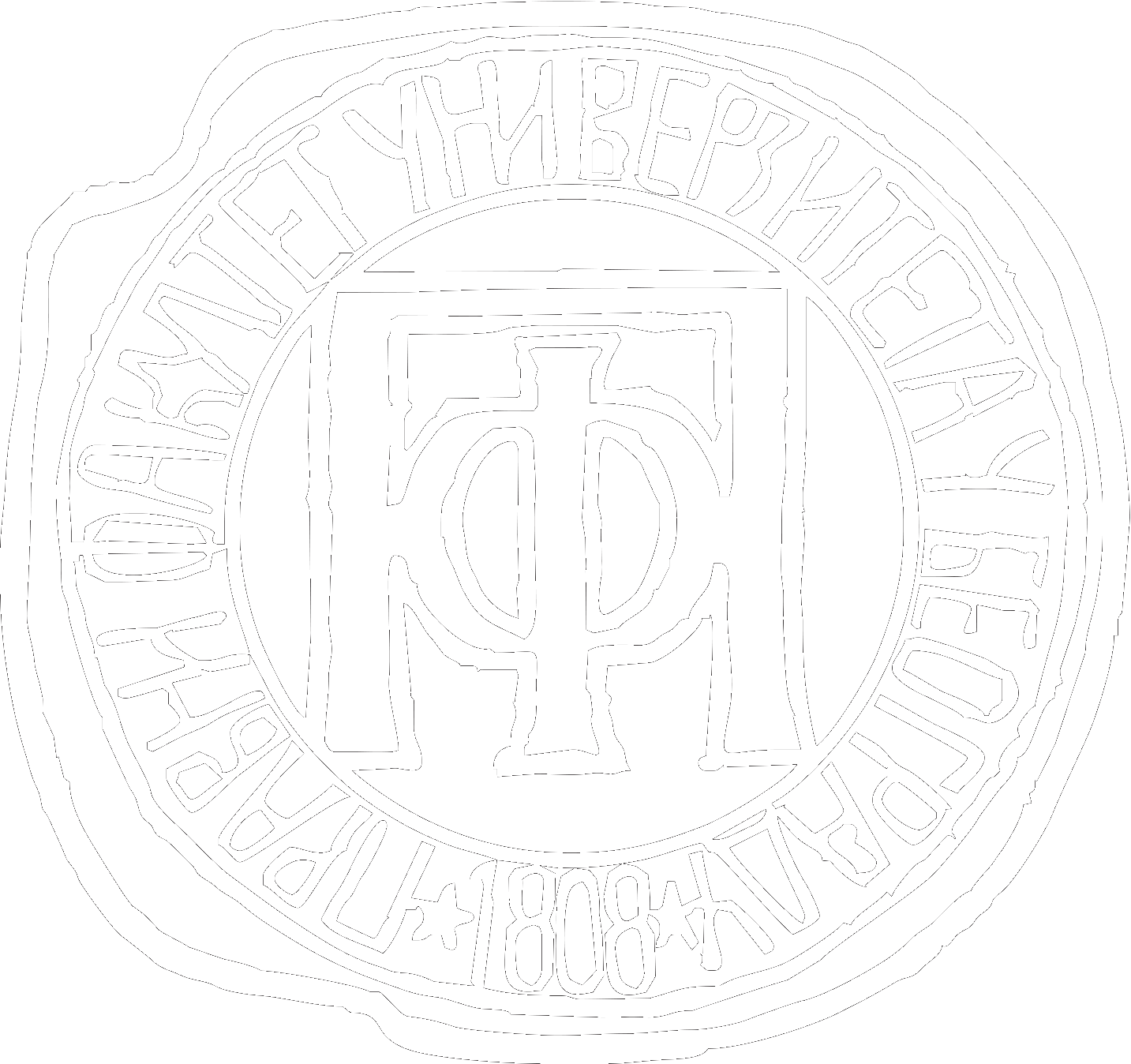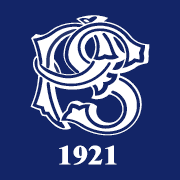Contributions to the history of alcohol consumption in the Principality of Serbia
Social aspects of criminal acts related to "drunkenness" (1815-1839)
DOI:
https://doi.org/10.5937/crimen2402220PKeywords:
alcohol; alcohol consumption; punitive reaction; Prince Miloš Obrenović; principality of SerbiaAbstract
The understanding of alcoholism as a medical and social problem dates back to the 19th century, both in Europe and in North America. Modern states have begun to sanction this phenomenon through social institutions, with the ultimate goal of creating a "better" society. In Serbia, one cannot talk about recognizing alcoholism as a problem in the full sense, as it has in modern European countries. When it comes to the context of the Principality of Serbia in the first decades of the 19th century, the term "excessive drinking" should be used rather than "alcoholism". Alcoholism implies a disease of addiction, as a term that was created later, although it had its predecessors. Since we do not have empirical research on the extent to which alcohol consumption has become an addiction in the Principality of Serbia, we should be cautious. Alcohol consumption was more of a widespread way of everyday life, but we cannot say with certainty to what extent we can talk about excess and to what extent about the frequency of consumption. It can be discussed about the condemnation of drunkenness, both by the state authorities and by compatriots. Prince Miloš did not tolerate drunkards, he did not forgive them for drinking alcohol and mischief, he made fun of them cruelly, which resulted in deaths. Also, the state enacted measures against "vagrants", moving at night without lanterns, staying in bars and taverns after a certain time of day. Night patrols were introduced to monitor idlers, drunkards who gathered in taverns and taverns and were potential miscreants. Thus, inns and taverns became places that represented the sources of criminal activities and immoral behavior. First of all, there were complaints against village priests, teachers and princes who indulged in drunkenness, that is, among the higher and more respectable layers of Serbian society. And ordinary people, men and women, were prone to drunkenness, in the everyday context, which led to domestic violence, which was sanctioned by corporal punishment. Misdemeanors that arose in the context of inns, in the form of fights, confrontations, swearing and similar inappropriate behavior, were punished in the same way. It is a commonplace that, as foreign observers noticed, brandy was cheap and easily available, that it was consumed in large quantities, as medicine, food and pleasure, and complete sobriety was not considered healthy among the people. On the other hand, exaggeration in drunkenness was not approved by the people, as evidenced by the rather rigorous folk customs used to wean drunkards off their addiction. Foreign travel writers emphasized the harmfulness of brandy for the Serbian nation, due to the presence of unhealthy substances in it, which also affected the appearance of Serbian residents. The state and Prince Miloš strove to suppress the increase in the number of inns, so a decrease in their number can be observed in the last years of the first reign of Prince Miloš. It can be said that the Serbian state followed European trends in the suppression of alcoholism through state institutions, although this was probably not part of an organized and planned long-term state policy, but rather a reflection of the understanding of Prince Miloš and the Serbian authorities that there are pressing problems in the Serbian state, whose further encouragement it was not in the state's interest. Certainly, the culture of consuming alcoholic beverages has remained dominant in Serbia until today, distinguishing the contexts that people introduce themselves. Thus, brandy was used for medicinal purposes, since there was a belief, partly scientifically based, in the beneficial effects of brandy on human health, which are mostly short-lived. As a food, brandy was considered to strengthen before greater physical efforts, as a source of strength and energy. Of course, brandy was a pleasure, associated with the socializing of men and the rituals related to the daily visit to a tavern or inn, as a place of drinking, but also of social life, where public and political discussions were held and public opinion was formed.
Downloads
References
Barrows, S., and R. Room, eds. 1991. Drinking, Behavior and Belief in Modern History. Berkeley, Los Angeles, Oxford: University of California Press.
Грубач, М. 2004. Телесна казна у Србији од Првог српског устанка (1804) до њеног укидања (1873). Београд: Службени гласник.
Дентон, В. 2013. Србија и Срби, edited by Љубодраг П. Ристић, translated by Мирјана Николајевић. Београд: Службени гласник. Original work published 1862. Servia and the Servians. London: Bell and Daldy.
Ђорђевић, О. 2006. “Стање у Протопрезвитерству јагодинском седамдесетих година XIX века.” Корени 4: 228–247.
Ђорђевић, Т. Р. 1922. Из Србије кнеза Милоша: културне прилике од 1815 до 1839 године. Београд: Издавачка књижара Геце Кона.
Живановић, Т. 1967. Законски извори кривичног права Србије и историјски развој његовог и њеног кривичног правосуђа од 1804. до 1865. Београд: Научно дело.
Илић, В. Д. 1900. “Грађа за правну историју: како се судило пре 65 година (по протоколу пресудни народ. дјела Нахије лозничке из 1834. године).” Бранич 7 (9–18): 525–530.
Јовановић, В. 2017. Сјај и беда варошког живота: маргиналне скупине и државна реакција у Србији 19. века. Београд: Завод за уџбенике.
Караџић, В. 1969. Историјски списи 1, edited by Радован Самарџић. Београд: Просвета.
Караџић, В. 1972. Етнографски списи, edited by Миленко С. Филиповић. Београд: Просвета.
Караџић, В. 1986. Српски рјечник (1852). 1. А-П, edited by Јован Кашић. Београд: Просвета.
Куниберт, Б. 1988. Српски устанак и прва владавина Милоша Обреновића 1804–1850. Књига друга, translated by Миленко Веснић, foreword by Душан Батаковић. Београд: Просвета. Original work published 1855. Essai historique et l’independance de la Serbie depuis 1804 jusqu’a nos jours par Berthelmi-Sylvestre Cuniberti, II. Leipzig: F. A. Brockhaus.
Максимовић, С. 1973. Суђења у Пожаревачком магистрату (1827–1844), edited by Војислав Живковић. Пожаревац: Просвета.
Манојловић, М., ed. 2013. Нахијски суд Пожаревац 1821–1839. Пожаревац: Историјски архив.
Марковић, З., and С. Мишковић, eds. 2010. Књажеска канцеларија, Јагодинска нахија. Књига 3, 1830–1835. Јагодина: Историјски архив Средње Поморавље.
Марковић, З., and Љ. Поповић, eds. 2008. Књажеска канцеларија, Јагодинска нахија, Књига 2, 1823–1830. Јагодина: Историјски архив Средње Поморавље.
Марковић, Р., ed. 1954. Књажеска канцеларија. Књига 2, Крагујевачка нахија 1815–1827, свеска прва 1815–1827. Београд: Државна архива НР Србије.
Milanović, N. 2016. “O alkoholu i pijenju sa ‘društvene’ strane: od socio-medicinskog pristupa do kulture pijenja.” Antropologija 16 (1): 89–102.
Милићевић, М. Ђ. 1894. Живот Срба сељака. Београд: Државна штампарија Краљевине Србије.
Mrgić, J. 2011. “Wine or Raki – The Interplay of Climate and Society in Early Modern Ottoman Bosnia.” Environment & History 17 (4): 613–637. https://doi.org/10.3197/096734011X13150366551652
Mrgić, J. 2017. “Aqua vitae – Notes on Geographies of Alcohol Production and Consumption in the Ottoman Balkans.” Etnoantropološki problemi 12 (4): 1309–1328. https://doi.org/10.21301/eap.v12i4.14
Павић, В. 2010. Протокол магистрата: суд нахије београдске: 1828–1839. Сопот: Градска општина.
Пејтон, Е. А. 1996. Србија најмлађи члан европске породице или боравак у Београду и путовања по планинама и шумама унутрашњости 1843. и 1844. године, translated by Бранко Момчиловић. Нови Сад: Матица српска. Original work published 1845. Servia the Youngest Member of the European Family: or, a Residence in Belgrade and travels in the Highlands and Woodlands of the Interior, during the Years 1843 and 1844. London: Longman, Brown, Green an Longmans.
Перуничић, Б. 1964. Београдски суд 1819–1839. Београд: Историјски архив Београда.
Перуничић, Б. 1970. Управа вароши Београда 1820–1912. Београд: Музеј града Београда.
Перуничић, Б. 1971. Крушевац у једном веку 1815–1915. Крушевац: Историјски архив.
Перуничић, Б. 1973. Град Ваљево и његово управно подручје 1815–1915. Ваљево: Историјски архив Ваљево.
Петровић, М. 1897. Финансије и установe обновљене Србије до 1842: с једним погледом на ранији историски развој финансиског уређења у Србији, 1. Београд: Државна штампарија Краљевине Србије.
Поповић, М. 2016. Судство у Кнежевини Србији (1838–1869): организација и основе судског поступка. Београд: Филозофски факултет.
Поповић, М. М. 2023. Између правде и кривице: жена у српском друштву и кривична судска пракса (1804–1839). Крушевац: Историјски архив; Својново: Удружење за културу и уметност Логос.
Радосављевић, Н. 2008. Ваљевски магистрат 1824–1831: документа. Ваљево: Историјски архив.
Рихтер, В. 1984. Прилике у Србији под кнезом Милошем до његове абдикације 1839. године: приказ најновијих догађаја, карактеристика српског народа и топографска скица Кнежевине, translated by Душан Николић, reviewed by Живомир Спасић. Крагујевац: Светлост. Original work published 1840. Serbiens zustande unter dem fürst Miloš bis zu dessen Regierungs-Entsagung im Jahre 1839: eine Darstellung der jüngsten Ereignisse, Charakteristik des serbischen Volkes und Abriss einer Topographie des Fürstentums. Leipzig: Verlag von B. Elischer Nachfolger.
Schmid, S., and B. Schmidt-Haberkamp, eds. 2014. Drink in the Eighteenth and Nineteenth Centuries. Perspectives in Economic and Social History 29. London, Brookfield, Vermont: Pickering & Chatto.
Philips, R. 2014. Alcohol: A History. Chapel Hill: The University of North Carolina Press.
Habermas, J. 1969. Javno mnenje: istraživanje u oblasti jedne kategorije građanskog društva. Beograd: Kultura. Original work published 1962. Strukturwandel der Öffentlichkeit. Untersuchungen zu einer Kategorie der bürgerlichen Gesellschaft. Berlin: Luchterhand, Neuwied.
Holt, M. P., ed. 2006. Alcohol: A Social and Cultural History. Oxford, New York: Berg. https://doi.org/10.5040/9781350044609

Downloads
Published
How to Cite
Issue
Section
License
Copyright (c) 2024 Miroslav М. Popović

This work is licensed under a Creative Commons Attribution 4.0 International License.
The authors retain copyright and grant the journal the right of first publication, allowing others to share the work with proper attribution to the authors and acknowledgment of its original publication in this journal.










